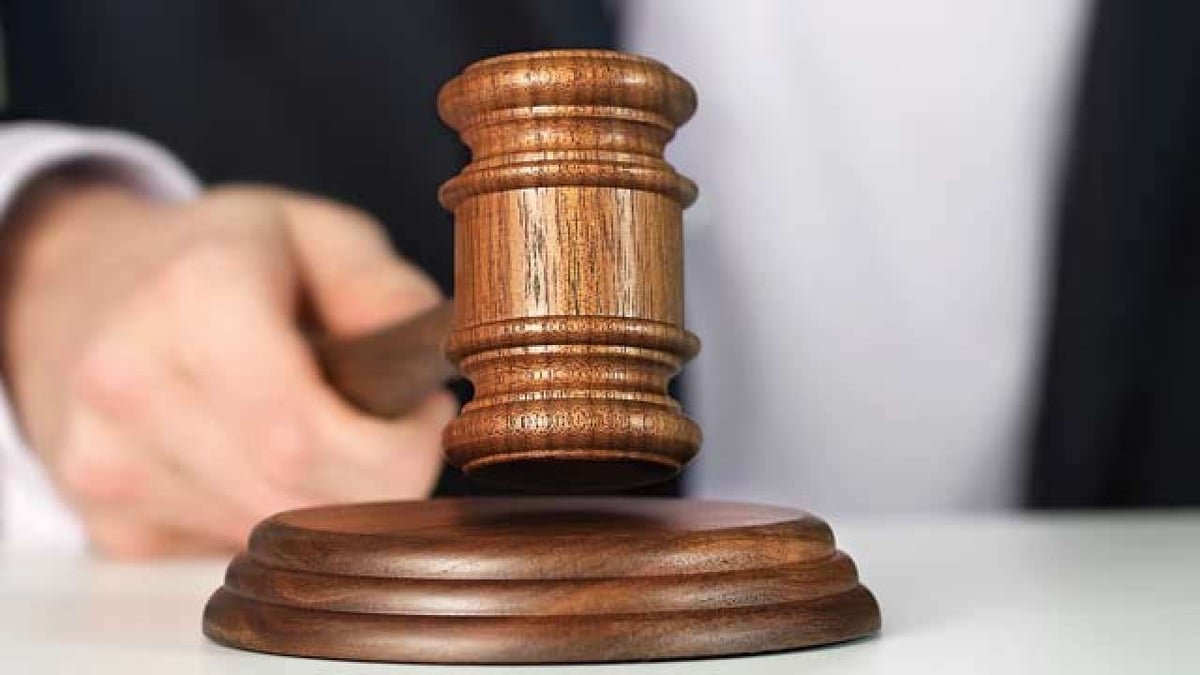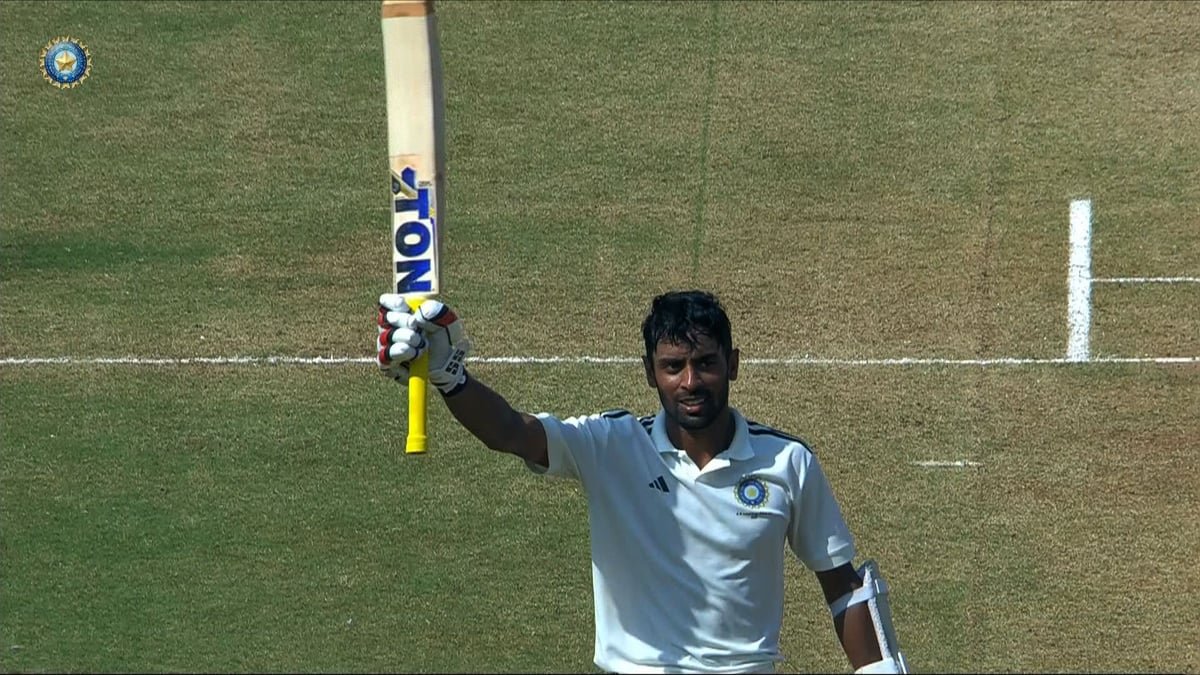After a seven-year legal battle, the National Consumer Dispute Redressal Commission (NCDRC) has delivered an its judgment in the case of businessman Purshottam Lohia versus Johnson & Johnson Ltd. Lohia, a Pune-based businessman, had filed a claim of Rs 5 crore, citing the severe and lasting physical and mental trauma caused by a faulty medical implant manufactured by Johnson & Johnson’s subsidiary, DePuy Orthopaedics Inc.
The NCDRC, however, awarded Rs 35 lakh in compensation, along with an additional Rs 1 lakh for mental agony. Meanwhile since Johnson & Johnson had already paid Lohia Rs 25 lakh following orders from the Delhi High Court, which had directed the company to compensate patients who underwent revision surgeries due to the defective ASR XL implants, thus Lohia is now entitled to receive the remaining balance of Rs 10 lakh from the company.
The NCDRC’s judgment was heavily influenced by an Expert Committee report(Arya Committee), which confirmed that the ASR XL implants were inherently defective and caused serious health complications, including the release of toxic metal ions. Johnson & Johnson challenged the findings, but the commission held the company liable for the faulty product, marking a significant victory for Lohia and setting a precedent for other patients in India who suffered similar complications.
The case stems from an accident Lohia suffered in 2006, which led to a total hip replacement surgery in June 2008 at the Poona Hospital and Research Centre. The surgery involved the implantation of DePuy’s ASR XL Femoral Implant and Taper Sleeve Adaptor. In August 2010, the company voluntarily recalled the product globally after acknowledging its high failure rates, which were causing severe pain and necessitating revision surgeries.
Despite the global recall and compensation payments made to affected patients in the USA and UK, Lohia argued that he received no compensation in India despite enduring similar suffering. Lohia underwent a revision surgery in 2017 and had his medical expenses reimbursed, but the company did not compensate him for the pain and losses he incurred.
Lohia, who was the Chief Executive at Lohia Jain Promoters and Builders, claimed that his absence due to the defective implant severely affected his company’s operations. Major construction projects in Pune, including IT parks and residential complexes, were delayed as critical decisions were left pending. Even after his revision surgery, Lohia continues to suffer from pain and walks with a noticeable limp, unable to return to his professional responsibilities fully.
The NCDRC based its ruling on several key findings, including an Expert Committee report that confirmed the inherent defects in the ASR XL implant. The report cited that the faulty design caused the release of toxic metal ions, leading to tissue damage, pain, and other complications. The commission concluded that the faulty implant had prematurely necessitated revision surgery and caused immense physical and emotional suffering.
Johnson & Johnson had challenged the Expert Committee’s report, arguing that the case involved complex technical aspects and that the evidence provided was speculative. However, the NCDRC dismissed these claims, holding the company liable for the defective product and awarding compensation accordingly.
In its final ruling, the NCDRC emphasized that all patients in India who underwent revision surgeries due to the defective implant are entitled to compensation, regardless of the specific complications they faced.




